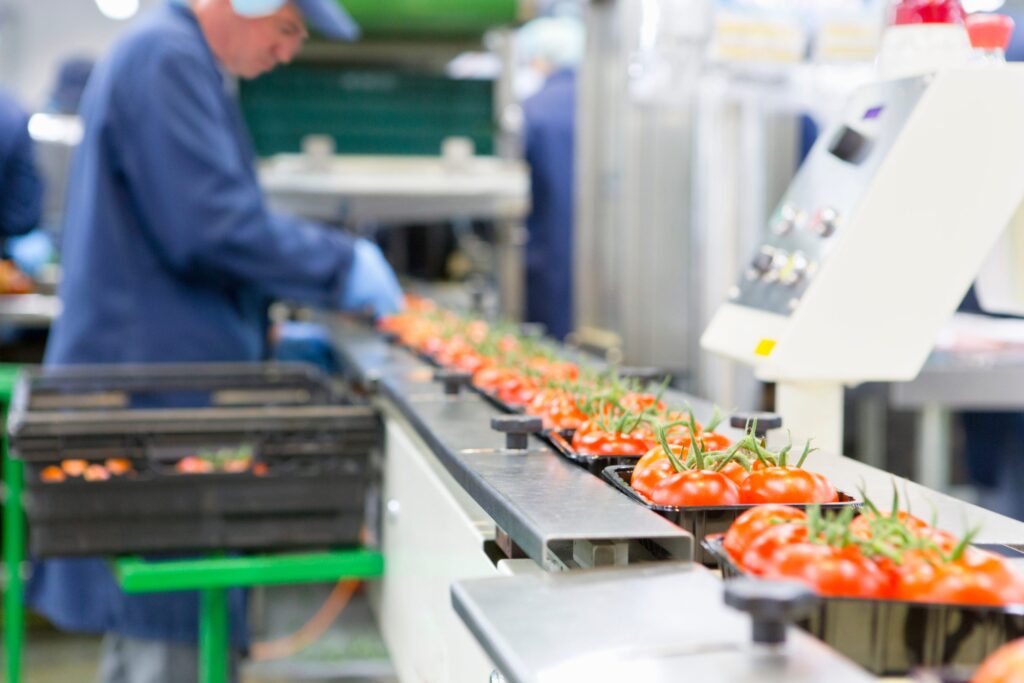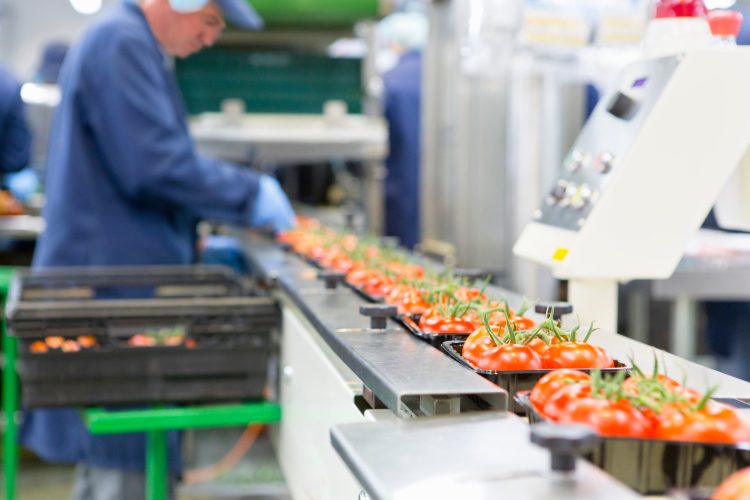UK Government urged to develop holistic National Food Security Strategy

A new report is urging ministers to develop a national food security strategy that encompasses the entire food system, extending beyond farming to include manufacturing, logistics, and retail.


The Policy Exchange think tank is urging the Government to prioritise food security as a central element of its strategy to drive economic growth in the UK.
In its newly released report, ‘Strengthening the UK’s Food Security: Innovation and Investment in the Food Manufacturing Sector’, the think tank called for the development of a national food security strategy that encompasses the entire food ecosystem. Previous initiatives, the report notes, have “focused too narrowly on agriculture.”
This strategy is considered essential to address the challenges posed by years of high food price inflation and disruptions to supply chains caused by the pandemic, the war in Ukraine, and the impacts of climate change.
Industry findings
Polling conducted on behalf of the think tank found that over half of food and drink manufacturers (53 percent) view mitigating supply chain risks as a significant concern for their businesses.
The top three actions businesses are taking to manage these risks include diversifying suppliers (68 percent), adapting or simplifying supply chains (50 percent), and investing in product innovation (38 percent).
To ensure products remain on shelves and prices stay down, the think tank advises that future food security plans should cover all areas of the food ecosystem, including food manufacturing, logistics, and retail.
According to the report, the food and drink sector is the UK’s largest manufacturing industry, with an estimated turnover of £142 billion and exports valued at over £24 billion. Despite its significance, investment in the sector has dropped by 30 percent since 2019, highlighting the need for renewed focus and support.
What needs to change?
In response to these findings, the report outlined several recommendations, including:
- Establishing a new food security transformation fund to focus on technology investment.
- Implementing a fast-track approval process by the Food Standards Agency for products already approved by trusted regulatory regimes in other countries.
- Introducing a new contingency framework to make it easier for food suppliers to adjust their inputs during periods of geopolitical disruption.
- Increasing the focus of the Foreign Office on strengthening global food security within the UK’s development spend.
Supporting the report, George Weston, Chief Executive of Associated British Foods plc, said the company “believes that a pro-growth environment needs to be fostered, thereby enabling the UK’s food and farming sector to decarbonise while simultaneously stimulating UK growth and investment, jobs, and exports.”
Dame Fiona Kendrick DBE, former Chair and CEO of Nestlé UK and Ireland, echoed these sentiments, stating, “The UK Government should take forward these specific recommendations, including the development of a National Food Security Strategy, in collaboration with the entire food value chain to deliver a more secure and resilient food system that invests for the future.”
If implemented, the report’s recommendations could play a crucial role in securing the future of the UK’s food supply amid growing global challenges.
Source: newfoodmagazine.com

